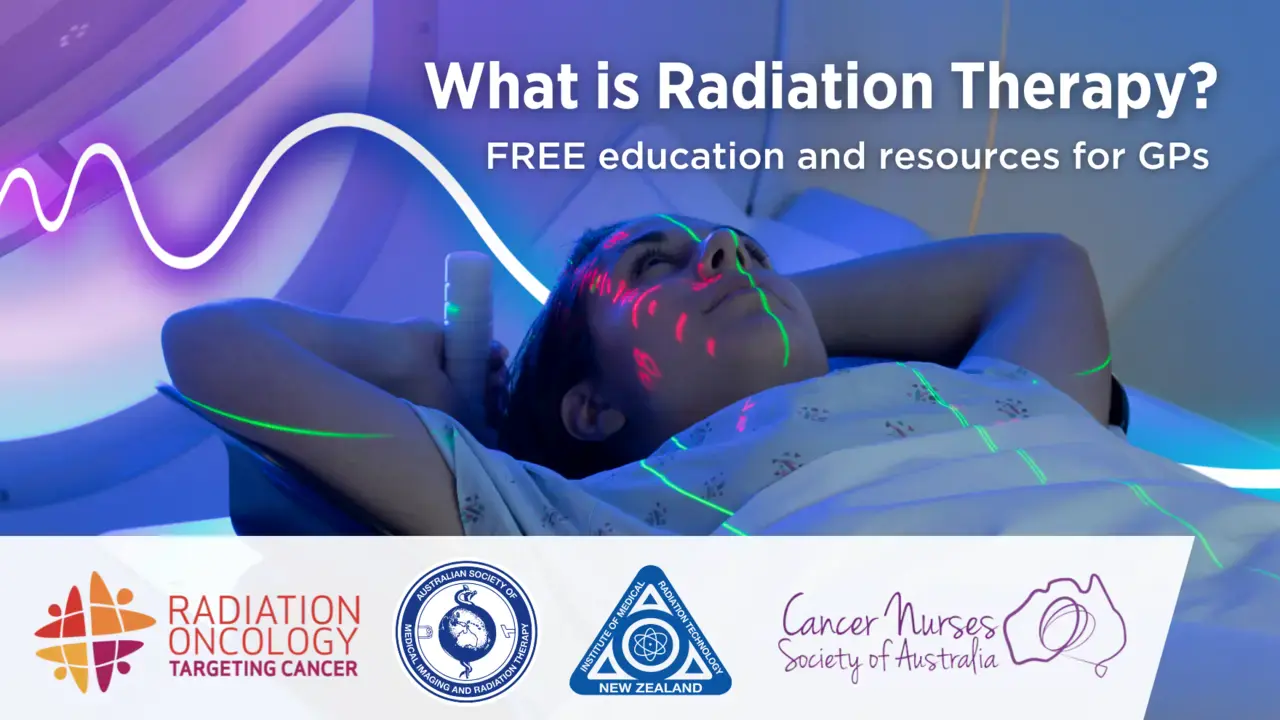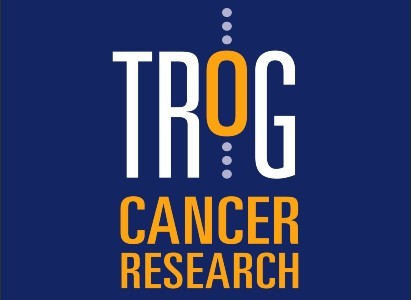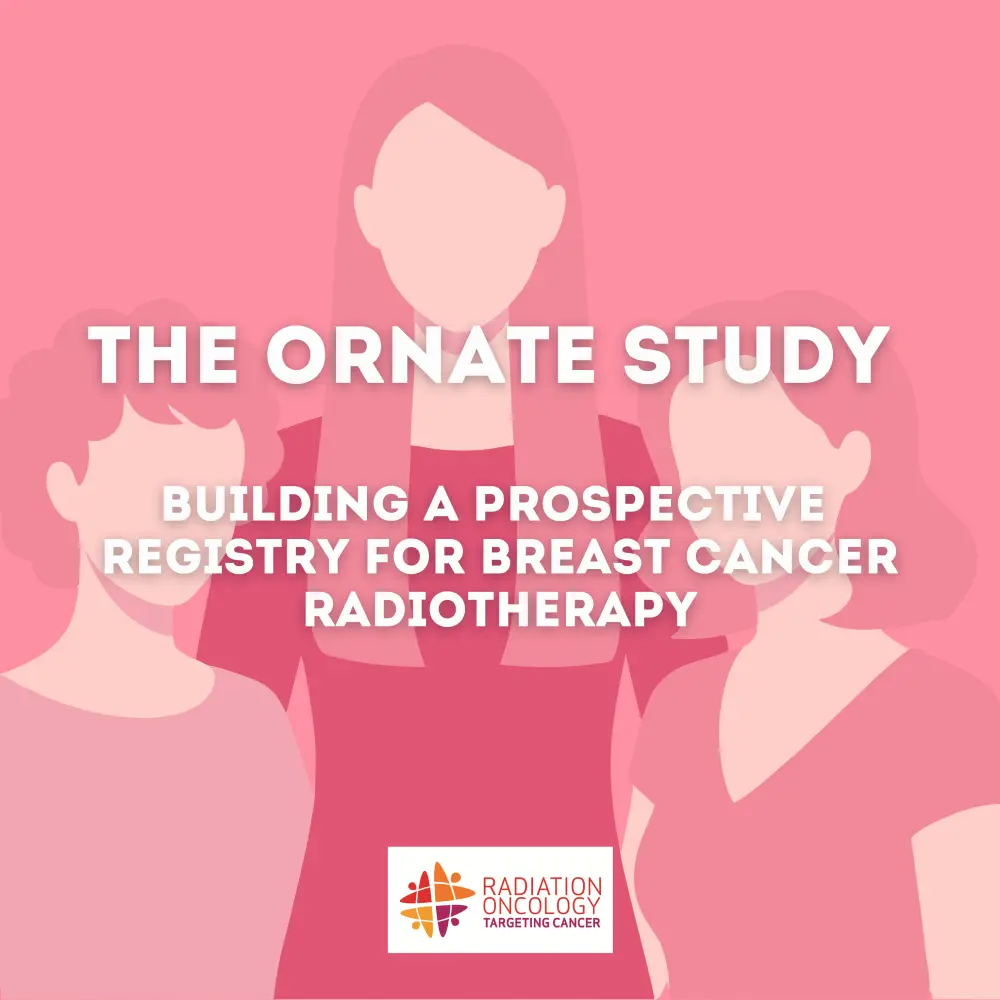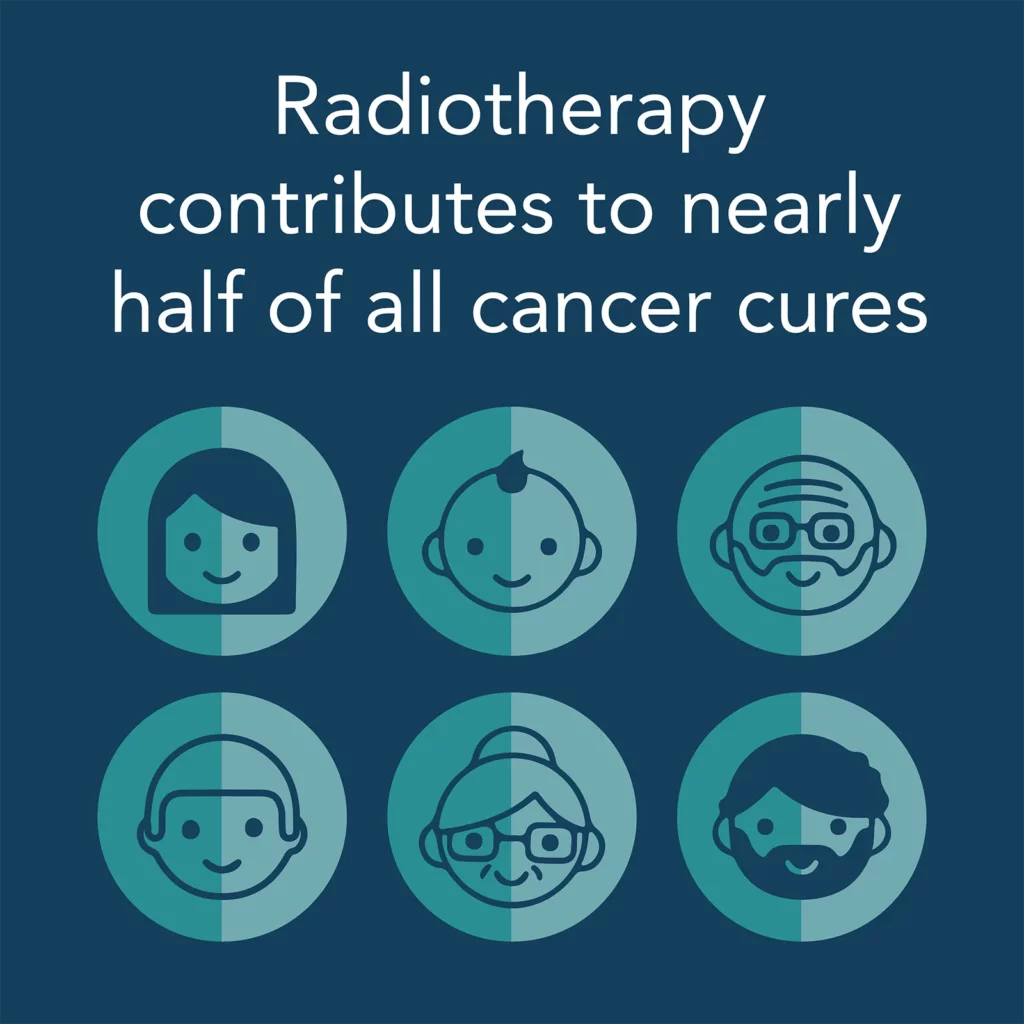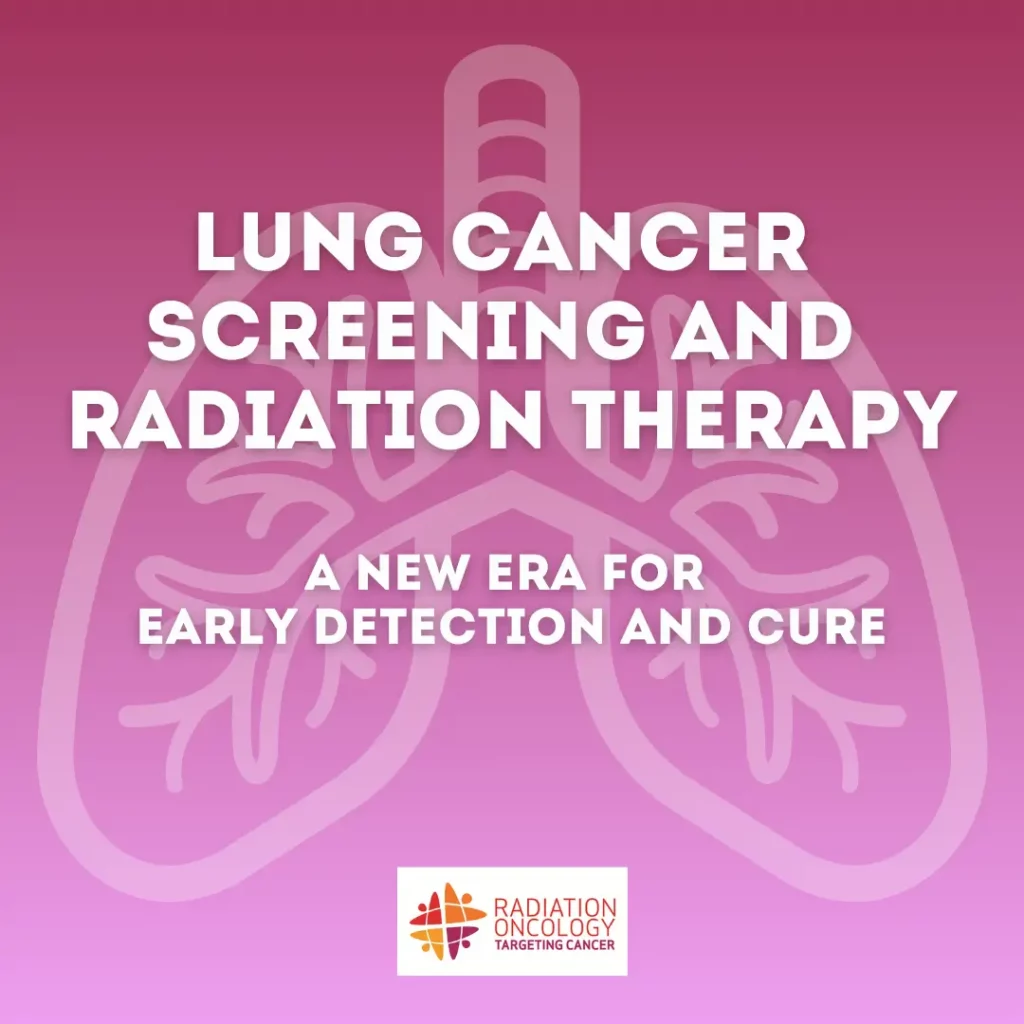The Vital Role of GPs in Cancer Care
General Practitioners (GPs) are often the first healthcare professionals’ patients turn to when faced with the possibility of a cancer diagnosis. As trusted advisors, GPs play a critical role in guiding patients through their journey, from early detection to treatment. One of the most important contributions a GP can make is ensuring timely referral to the right specialists, such as radiation oncologists, who can provide life-saving interventions like radiation therapy.
Radiation therapy is a key component of cancer care, used to treat a wide variety of cancers by precisely targeting and destroying cancer cells. For many patients, early and appropriate referral to a radiation oncologist can significantly improve outcomes. However, understanding when and how to make that referral is crucial.
Through the Targeting Cancer initiative, we equip GPs with the resources and knowledge to confidently discuss radiation therapy with their patients. Our website offers clear guidelines, patient management tools, and educational materials tailored to GPs. By bridging gaps in information and addressing common misconceptions about radiation therapy, GPs can provide more comprehensive and reassuring care to their patients.
Multidisciplinary Teams
Cancer care is rarely the responsibility of a single healthcare professional. Instead, it relies on the collaboration of multidisciplinary teams (MDTs) that bring together specialists such as radiation oncologists, radiologists, radiation therapists, medical oncologists, cancer nurses and surgeons. This teamwork ensures that every patient receives a holistic, individualised treatment plan tailored to their specific needs.
MDTs are particularly important in managing complex cases, where the interplay between different treatment modalities, such as surgery, radiation therapy, and chemotherapy must be carefully coordinated.
For GPs, being part of this collaborative network allows them to stay involved in their patients’ journeys. By maintaining open communication with the broader care team, GPs can address patients’ concerns, monitor their overall well-being, and help them navigate the complex emotional and physical challenges of cancer treatment.
Patient Empowerment
For patients, knowing that a team of specialists is working together can provide reassurance during a difficult time. This collaborative approach translates into more personalised care, improved outcomes, and a stronger support system for both patients and their families.
The Targeting Cancer initiative champions this collaborative model, providing resources that educate GPs, patients, and healthcare professionals about the critical role of multidisciplinary teams in cancer care.
Supporting GPs and Healthcare Teams
Visit the Targeting Cancer website to access resources designed to help GPs and MDTs work together effectively. From referral guidelines to educational videos and patient stories, our tools are designed to empower healthcare professionals to provide informed, compassionate, and effective care, to make a difference in the lives of cancer patients.

